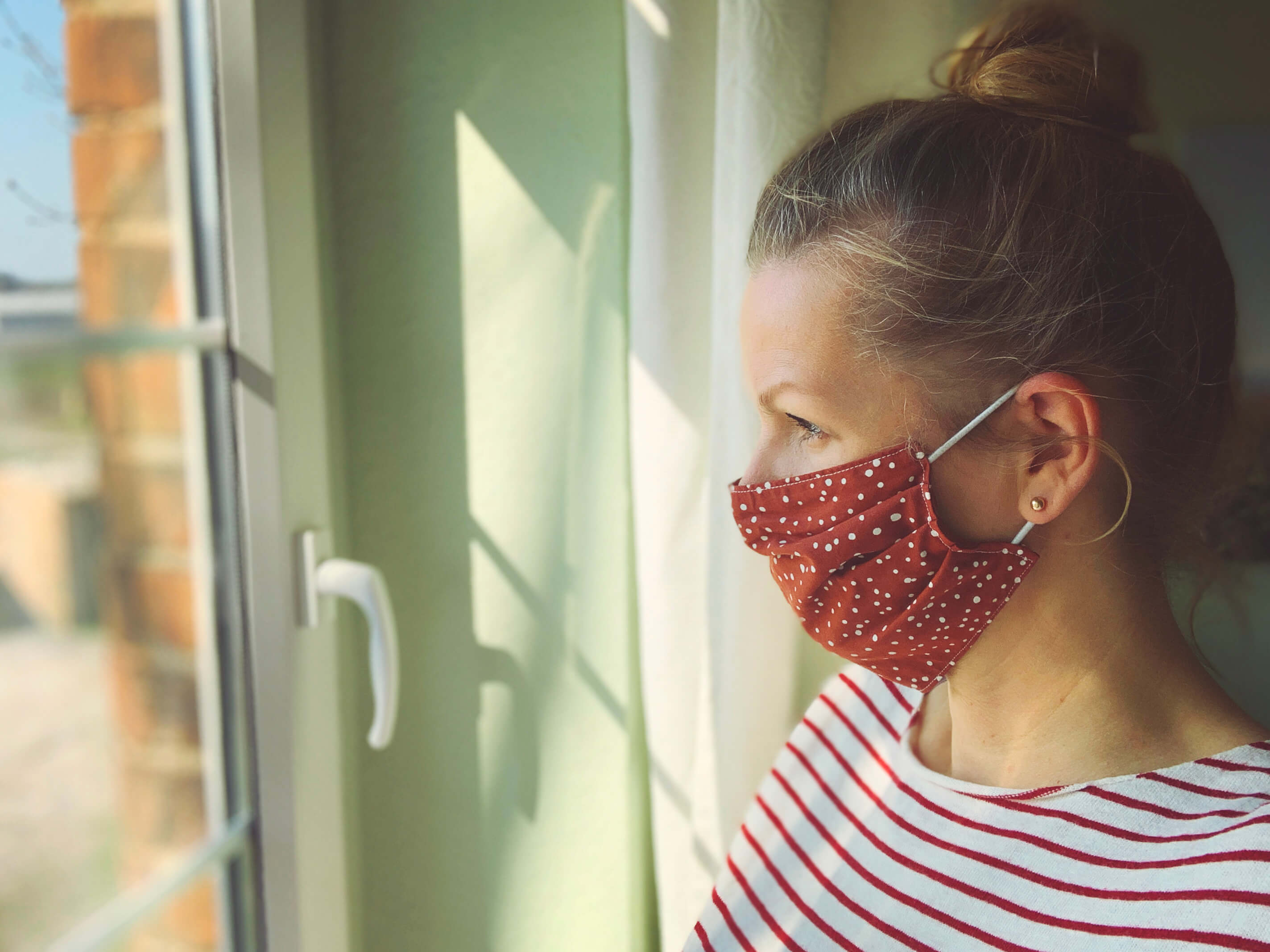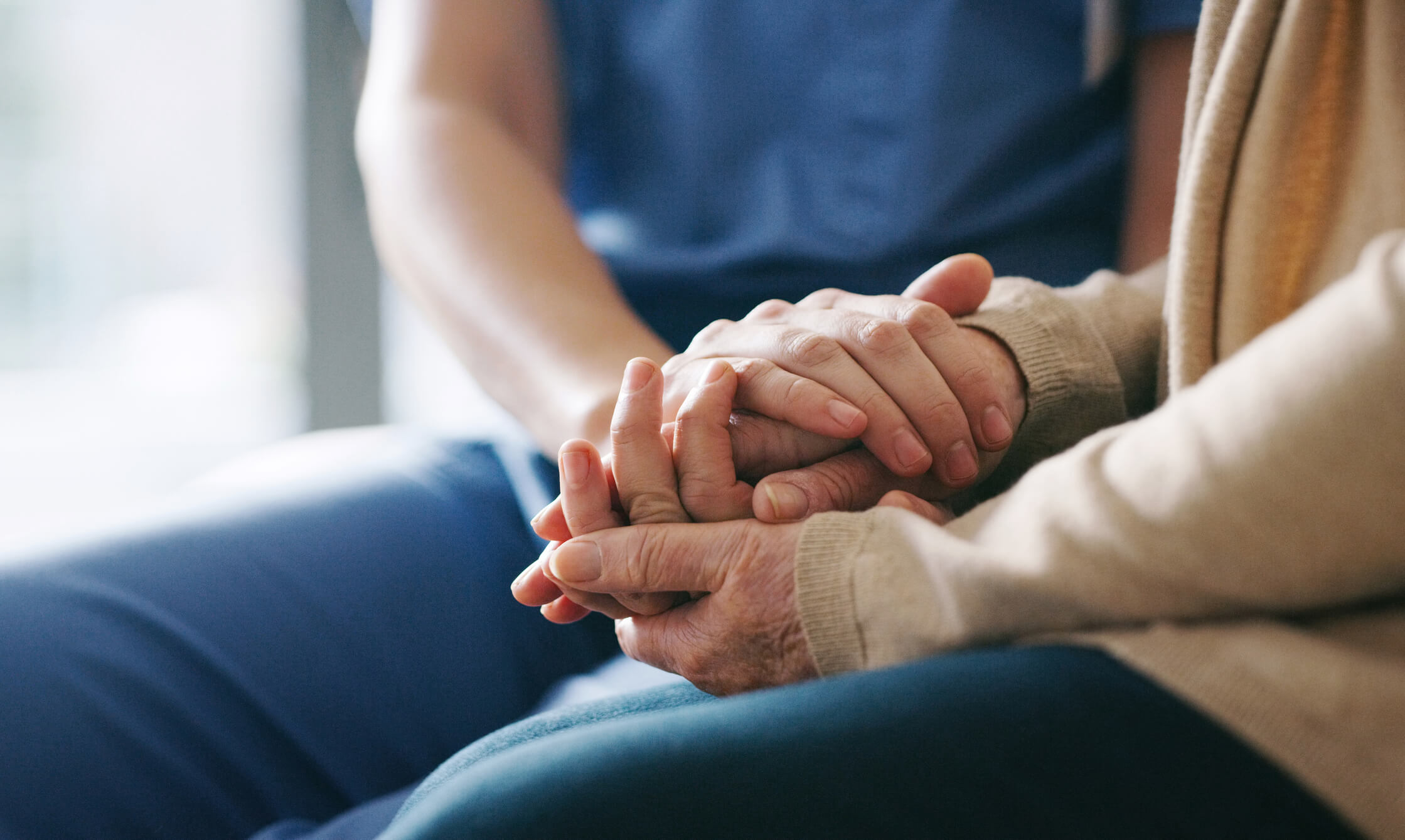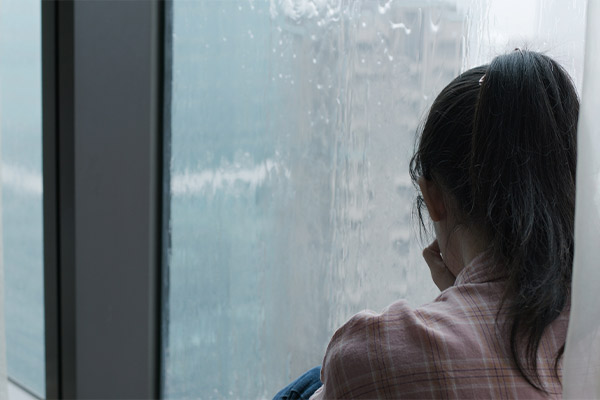-
As coronavirus spreads throughout the world, there is a possibility that someone you love may contract the virus. It’s a frightening prospect but the reality is that many who contract the virus will experience mild to moderate symptoms and will not require hospitalisation while they recover.
This means that they will be required to recover at home, which could put you and other members of your household at risk of also contracting the virus. Here’s how to minimise the risks while ensuring your loved one is taken care of.
How should I care for my loved one at home?
While it’s natural to want to care for a loved one when they are sick, it’s best to have as little contact as possible with a person who is infected with coronavirus.
The current advice from the Department of Health is that the ill person should wear a mask while inside the home when other people are present. If they can’t wear a surgical mask, the people who live with them should not stay in the same room and should wear a mask if they enter the room.
If someone has or is suspected of having coronavirus they must ‘isolate at home’, meaning that they cannot leave to attend public places, including work, school, childcare or university. Do not allow them to leave the house or to have visitors. Only people who usually live in the household should be in the home.
If you are essential to caring for the sick person, you should stay in your home.
Where possible, use a separate bathroom to the person who is sick and make sure they avoid shared or communal areas as much as possible. You should also clean surfaces in shared areas such as door handles, taps and benches daily with household disinfectant or a diluted bleach solution.
Do we all need to isolate?
If your loved one is a confirmed case of coronavirus then you, other people you live with and other close contacts will need to isolate. If your loved one is not a confirmed case but is suspected of being infected and waiting on test results, the people they live with may still need to isolate. Your public health unit confirms this on a case by case basis, so they will contact you and tell you if you need to be isolated and for how long. If you are unsure, contact the National Coronavirus Hotline.
Only household members who are essential for caring for you should stay in the home. Other people living in the home should consider staying elsewhere if possible. Elderly people and those with compromised immune systems or chronic health conditions should stay away. If you are sharing the home with others, you should stay in a different room from them, or be separated as much as possible. You should use a separate bathroom, if available. Avoid shared or communal areas and wear a surgical mask when moving through these areas. Surfaces in shared areas such as door handles, taps and benches should be cleaned daily with household disinfectant or a diluted bleach solution (see the cleaning section below).
How can I help my loved one feel better?
At the time of writing this article, there is no treatment for coronavirus. However, you can advise and encourage your loved one to take measures to cope with the symptoms of the virus. Because what we know about the virus is constantly changing, the best thing to do for these is to contact your GP for the latest strategies and medications.
It’s also important to keep monitoring any change in symptoms. Ask your loved one to report any changes or deterioration of their condition to you or directly to a health professional.
If they’re condition deteriorates, or they have difficulty breathing you should call 000 immediately and report their contact history to the paramedics.
What if we need to see a doctor?
If your loved one’s symptoms are worsening, if they are experiencing high fever or if you are concerned for their wellbeing you should call your GP who will be able to advise on next steps.
Do not rush to your doctor’s office or emergency room without calling first. It’s important to let them know that the person who is ill may have been exposed to coronavirus. They may be able to arrange a telehealth appointment for you or advise you on the safest way to seek medical help.
It’s important to remember that in an emergency you should always call 000 immediately. If you’re not sure if it’s an emergency, remember that this includes any of the following:
- If you or the patient are experiencing central or crushing chest pain lasting more than 10 minutes
- Unconsciousness or a seizure (fit)
- Severe difficulty breathing or turning blue
- Severe bleeding or inability to control bleeding with pressure
- Sudden inability to move or speak
- Sudden facial drooping
- If you or the patient has suffered a severe accident.
Looking after yourself
Taking care of someone who may be suffering from coronavirus can take a toll on your mental health. Make sure you are getting plenty of rest and taking time to care for yourself as well as your loved one.
At Medibank, we’re always looking for ways to help our members access the care that they need, when they need it.
That’s why Medibank members with hospital cover* have access to Medibank Mental Health Phone Support 24 hours a day, 7 days a week. You can chat to experienced and qualified mental health professionals over the phone to discuss any mental health questions or concerns and get advice on what to do next. Simply call 1800 644 325.
For more information on coronavirus and how your health insurance can help you during this time, visit COVID-19 Health Support.
*Overseas Student Health Cover members should contact the Student Health and Support Line on 1800 887 283.
Caring for a loved one with COVID-19


Now more than ever, we're here to help
Your health and wellbeing are front and centre of everything we do. Learn more about how Medibank is providing support to our members during this time.
Subscribe to receive the best from Live Better every week. Healthy recipes, exercise tips and activities, offers and promotions – everything to help you eat, move and feel better.
By clicking sign up I understand and agree to Medibank's privacy policy


